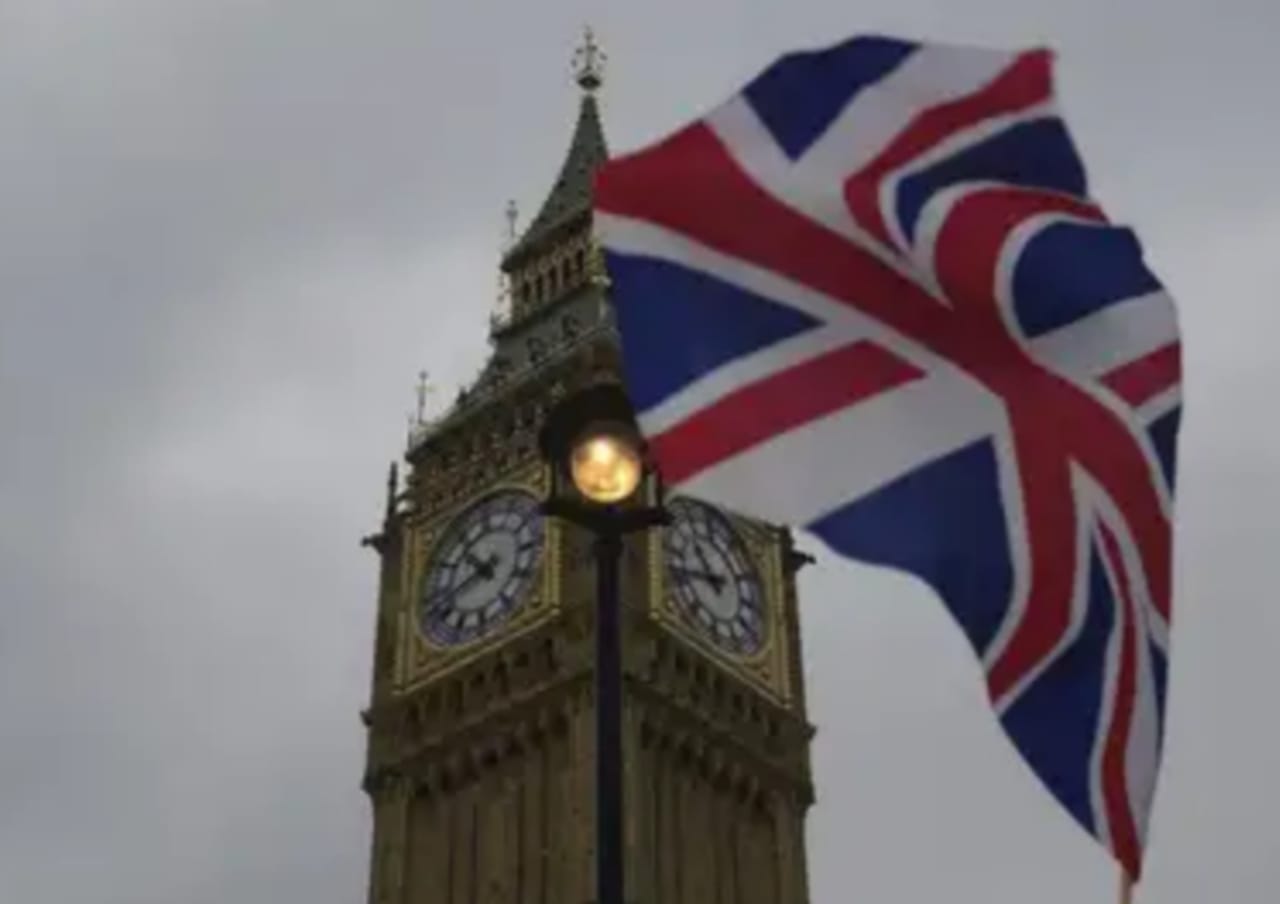
LONDON:
The UK government, led by Prime Minister Sir Keir Starmer, has announced sweeping electoral reforms that will reduce the voting age from 18 to 16 in time for the next general election, scheduled no later than 2029, pending parliamentary approval. The move grants roughly 1.6 million 16 and 17‑year‑olds the right to vote in all national and local elections, aligning England and Northern Ireland with Scotland and Wales, where the change is already in place for devolved polls.
At a press conference, Starmer defended the change: “They’re old enough to go out to work, they’re old enough to pay taxes … If you pay in, you should have the opportunity to say what you want your money spent on”. Deputy Prime Minister Angela Rayner added that the reform aims to “restore trust in our democracy” and bring electoral engagement to those already contributing to society.
Critics, especially among Conservative ranks, dismiss the reform as politically motivated. Conservative MP Paul Holmes questioned the inconsistency: “Sixteen‑year‑olds will be able to vote in an election but not stand as candidates, buy a lottery ticket, consume alcohol, marry or go to war”. Reform UK’s Nigel Farage described the move as “an attempt to rig the political system”.
Proponents point to positive examples abroad. Studies from countries that have lowered the voting age, such as Scotland, Austria and Denmark, show that younger voters often remain civically engaged and develop lifelong voting habits. A 2023 University of Edinburgh study suggested first-time voters aged 16–17 in Scotland were more likely to vote in subsequent elections than those enfranchised at 18. CIRCLE researcher Alberto Medina noted in Reuters that the UK’s reform is “definitely worth paying attention to as we think about how to continue improving youth participation here in the U.S.”.
Turning to the United States, the voting age was already lowered to 18 in federal and state elections by the 26th Amendment in 1971. However, extending voting rights to 16‑year‑olds has so far not gained traction at the national level. A 2019 Hill‑HarrisX poll found that 75% of US registered voters opposed reducing the age to 17 and even more were against 16‑year-olds voting. Although some US states allow pre‑registration at 16 and a few localities, especially in Maryland, permit 16‑year‑olds to vote in school board elections, federal proposals on lowering the voting age have repeatedly stalled.
The UK’s change may prompt renewed debate in the US. Advocates argue that granting voting rights earlier fosters lifelong civic habits. Detractors cite concerns regarding maturity, political awareness and potential partisan gains. While reforms in both nations echo similar arguments about contribution, taxation and civic inclusion, the path to change remains uneven. The UK, driven by a Labour majority and Supported by devolved precedents, is on the verge of a landmark reform. In contrast, the US appears unlikely to follow suit without stronger public or legislative momentum.